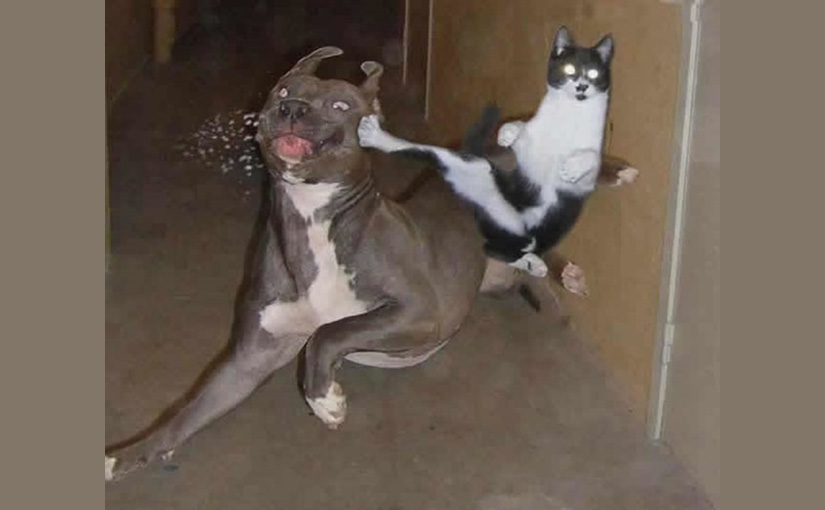But, there is a problem, around time – “when time is extremely short, decisions have to be rapid and the scope for reflection is extremely limited” (Eraut, 1994: 145)
“…looking to our experiences, connecting with our feelings, and attending to our theories in use. It entails building new understandings to inform our actions in the situation that is unfolding.
The practitioner allows himself to experience surprise, puzzlement, or confusion in a situation which he finds uncertain or unique.
He reflects on the phenomenon before him, and on the prior understandings which have been implicit in his behaviour.” [My emphasis]
How do we prepare if we know our research will be in real-time? Will there be time for note-taking? Might we forget key moments? What techniques can be used to help capture and record these scenarios so that we can analyse them and reflect on them later ? Video or audio recordings? A colleague who takes notes, with, or, for us?
It is easy to gloss over surprise, puzzlement, or confusion, to dismiss them as ‘noise’ in our data. However, often these feelings, however fleeting are signaling to us that something important is taking place. Try to make note of them. Will they help you pinpoint, after reflection (see PAR) the need for an adaption of your research plan? If you look more closely at your confusion does it show you that you may need to read another text, ask a new question?
